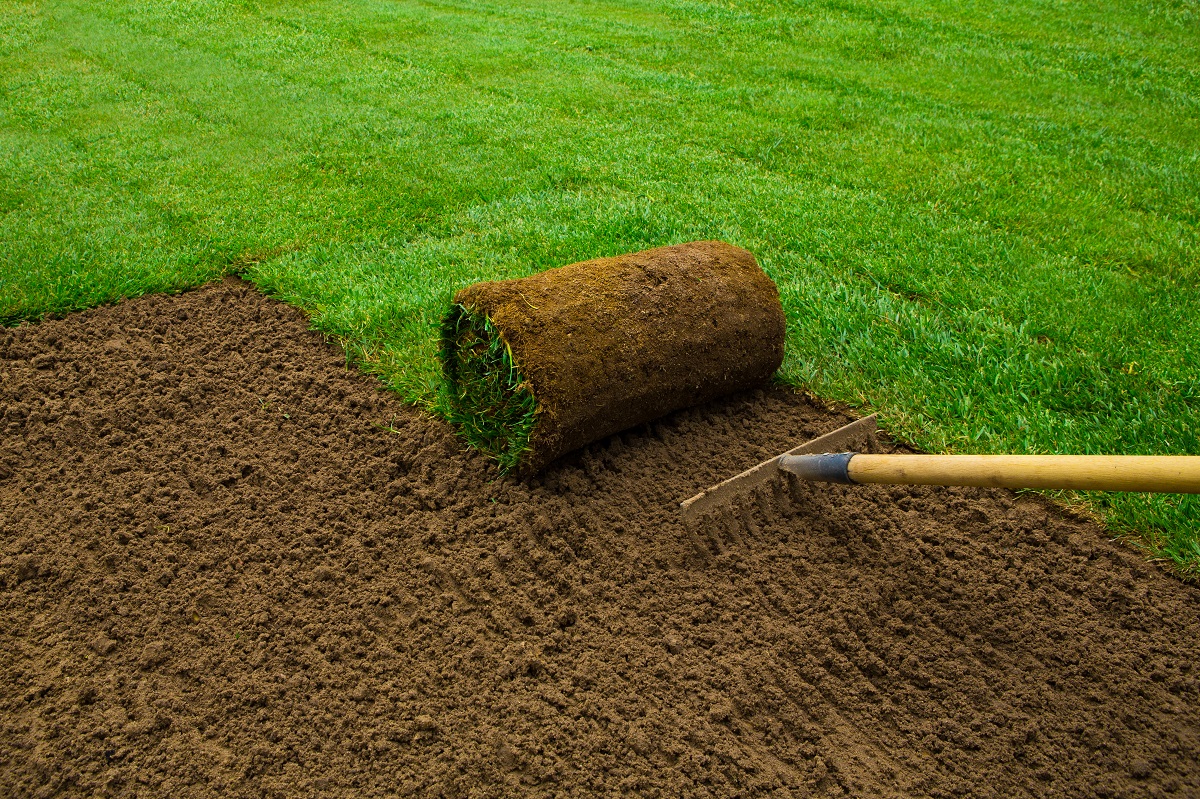Suppose you’re planning on investing in your property or selling it soon. Various factors affect your home’s appraisal value. These factors will usually hold weight based on several criteria that will determine your home’s function, durability, lifespan, and overall aesthetic.
Ultimately, a home appraisal goal is to ensure that your home is within the range that it should be. Nobody wants to be selling their home at substandard prices since this is a means that you’ll only fall short in terms of gains and profits.
Since the last thing that most people want is being swindled out of a good deal, we must discuss what we can do to increase the appraisal value of our home. Not only will you be aware of what you should be renovating, but this will also help you invest in the right aspects of your home.
Factors That Come Into Play
There are undoubtedly countless criteria that come into play when appraising your home. For now, we’ll be focusing on the more vital parts that have been getting a fair amount of attention from home appraisers.
Here’s what you’ll need to know:
Geography and Location
First and most importantly, your home’s value is usually determined by the location that it’s situated in. Your home’s location can evaluate several important environmental aspects:
- Weather conditions — Most homes situated in areas prone to flooding and other natural disasters tend to have a lesser value than those in safer areas.
- Your neighbourhood’s crime rate — Neighbourhoods with lower to no crime rates will have higher values since there’s less possibility in burglaries and home intrusions. Most of the time, crime rates depend on certain factors, such as the response time of authorities and the overall poverty level of the area. It’s best to keep this in mind when choosing your neighbourhood.
- Access to healthcare — Proximity to hospital clinics will also be taken into account. The closer these healthcare buildings are, the better the response time of medical experts.
- Access to education — Most of the time, education is related to standards of living and lifestyle. Thus, it’s only logical that universities and schools’ proximity should play a role in the appraisal process.
- Recreational areas — Homes close to parks, resorts, and public recreational areas tend to have good value.
Materials Used
The materials used for your home shouldn’t just be high-quality, but they should also have a purpose and a function. For instance, flat rooftops on homes that are in areas that get a fair amount of rain every year will only increase the likelihood of water damage. Certain roofing materials, such as metal roofing, are better suited for rain and snow.
The materials used for your home will also determine the lifespan of your home. ; Even though you have an old house, using high-quality and durable materials can still compensate for your home’s age. For instance, households that use slate tile roofing (lifespan of 80 to 100 years) will have significantly higher lifespans than homes that only use asphalt shingles ( lifespan of 25 to 30 years).
Nevertheless, homes that are newly built (10 to 20 years ago) will have fewer issues than older homes. Most appraisers would recommend suggesting buying homes that are still “new” since these will have a lower risk of structural complications.
Size of Your Home
Naturally, the overall size of your home will determine much of its appraisal value. Once you already know your home’s square footage, appraisers will usually look at how space is distributed throughout the property.
It’s important to ask yourself the following questions:
- How much of the living space can be utilized for different functions and safe?
- Is the space liveable?
In most cases, appraisers will generally focus on areas on the ground floors to higher floors. That means that even though basements might be considered liveable, clean, and safe, it doesn’t necessarily have the same value as those on the upper parts. Still, it’s important to note that a finished basement can even add the right amount of value to your home.
Taxes
Since we’re talking about properties, let’s not ignore property taxes in this conversation. Even though it might be a headache thinking about taxes all the time, it is necessary for real estate and selling homes. Hiring a property tax accountant will clear up any uncertainties that you might have with taxes.
Landscaping

The exterior design and landscaping of your home will also have the right amount of impact on the appraisal value. Most of the time, appraisers and real estate businesses will be looking for houses with a curb appeal.
Contrary to what most people think, having an “exotic” garden can also affect your home’s appraisal value.
There are even more factors that will come into play: design, curb appeal, your home’s size, and the general lay of the land. Although all of these might seem like a lot to take in, focus on your home’s aspects that you can change and invest in. Your home is a reflection of your personality and taking care of it shows how much you also want to make the new owners happy and comfortable.









